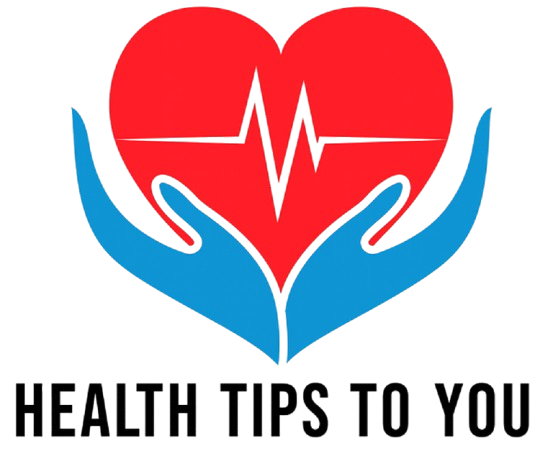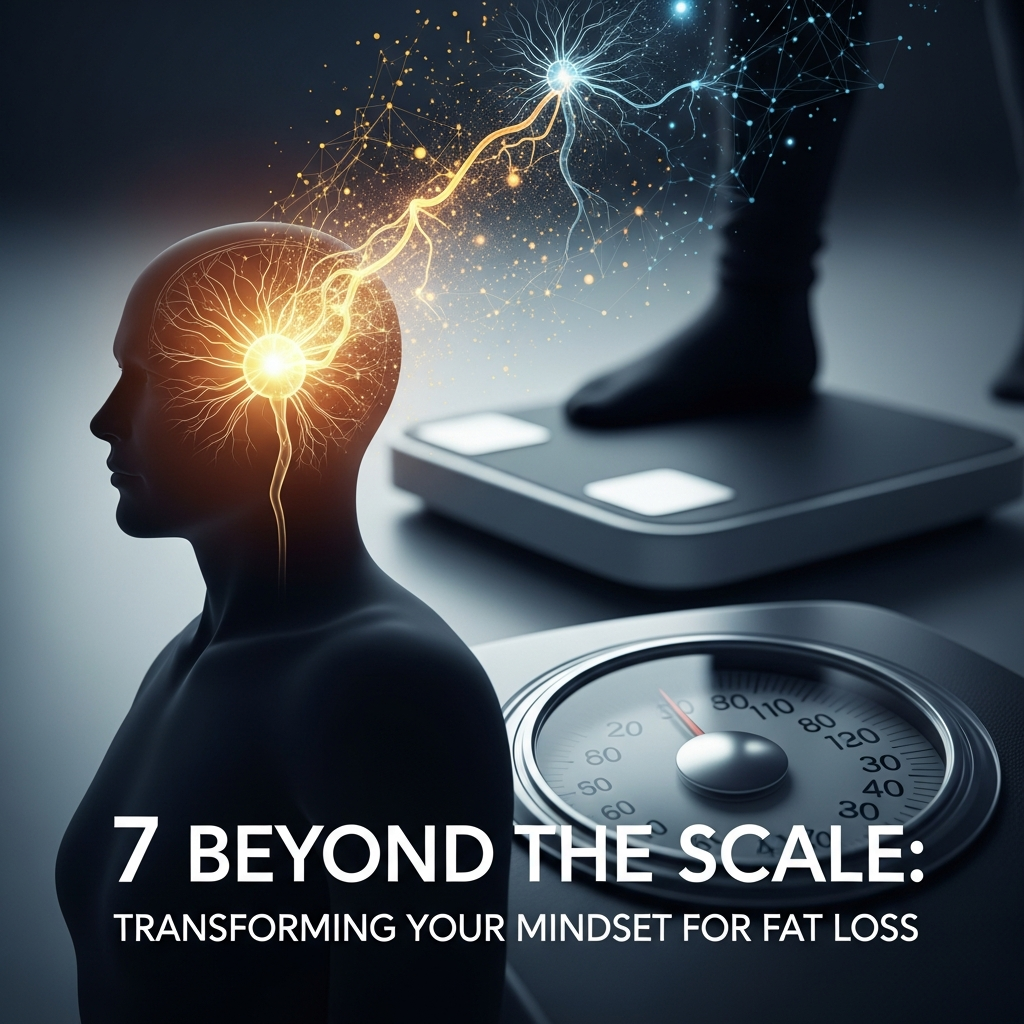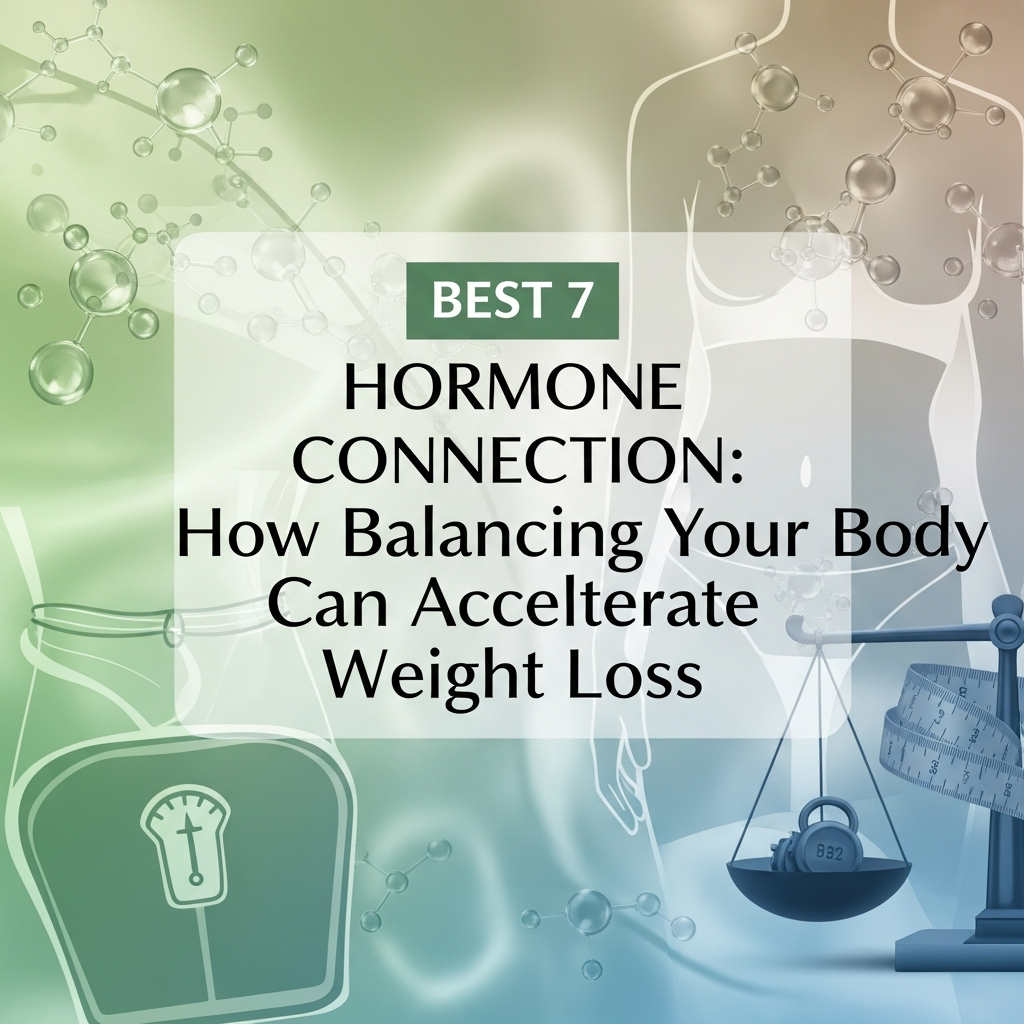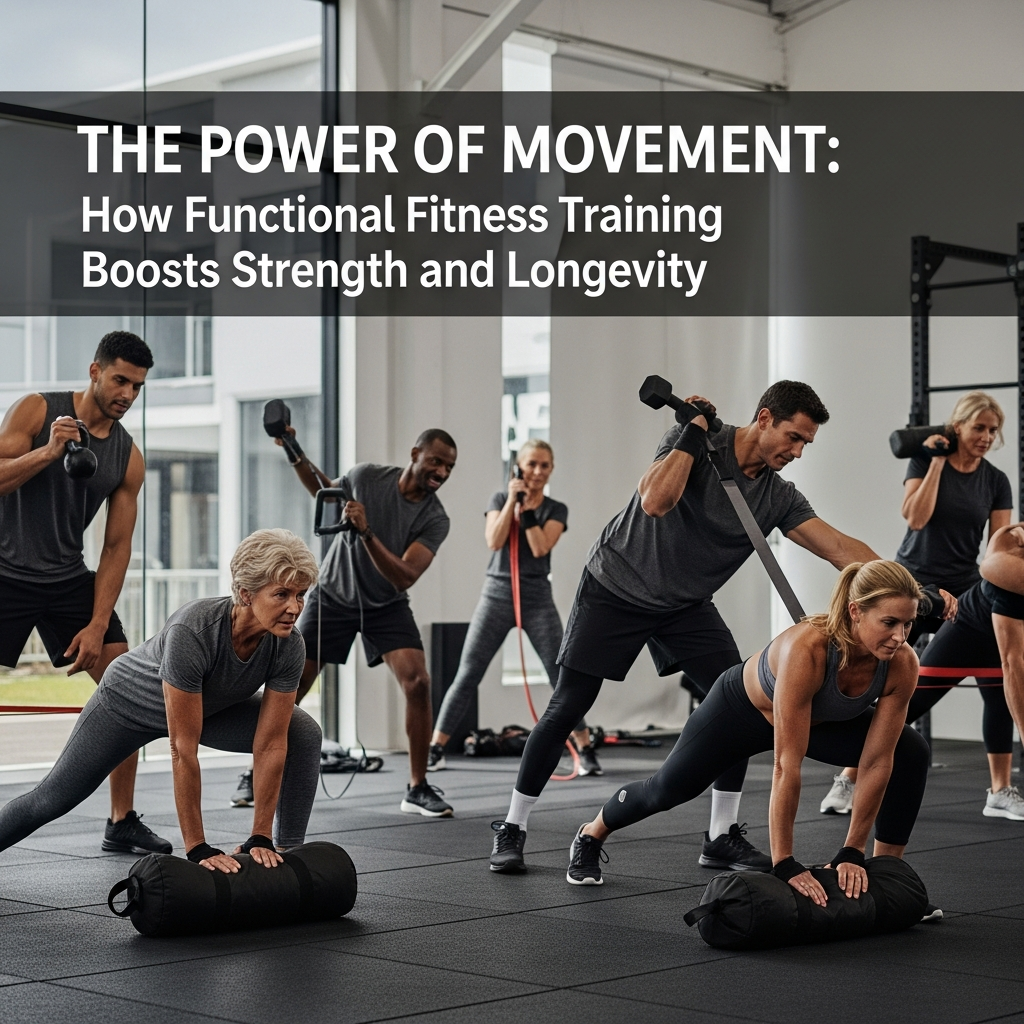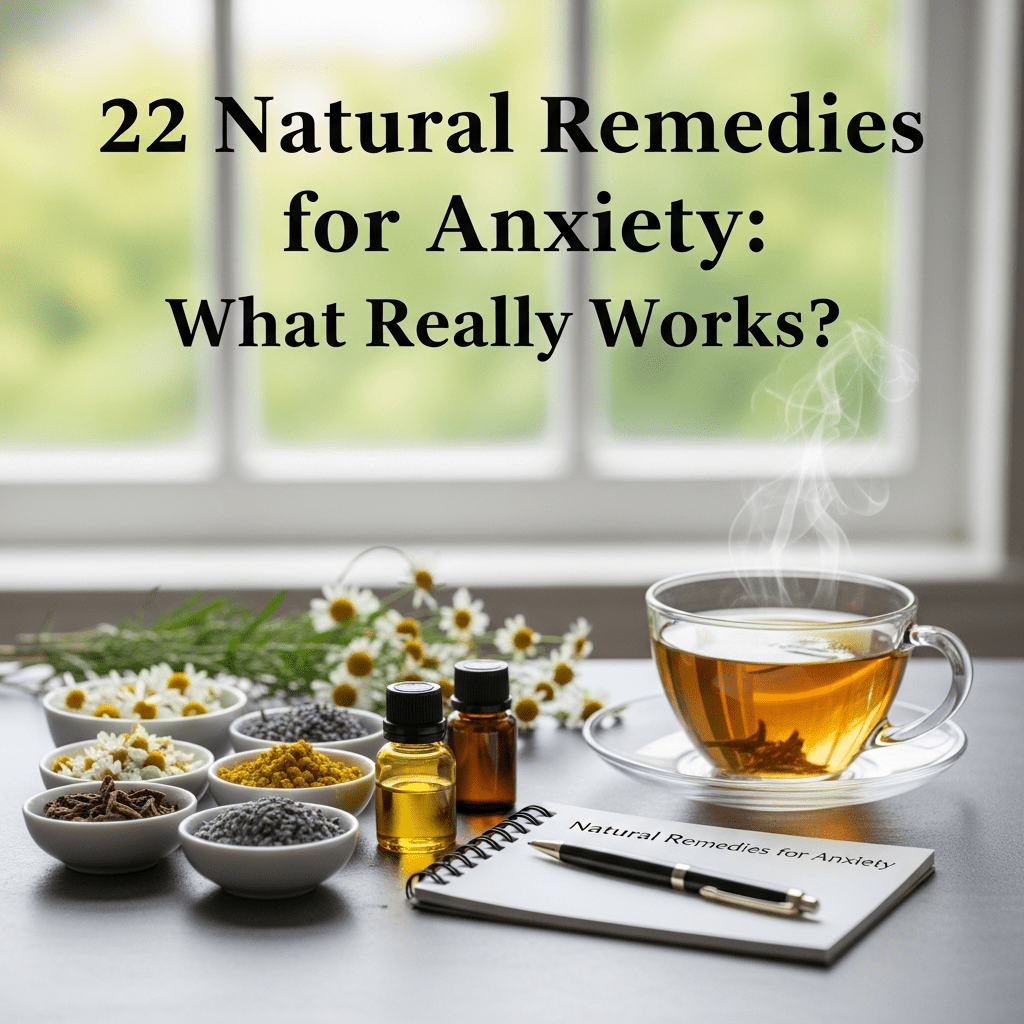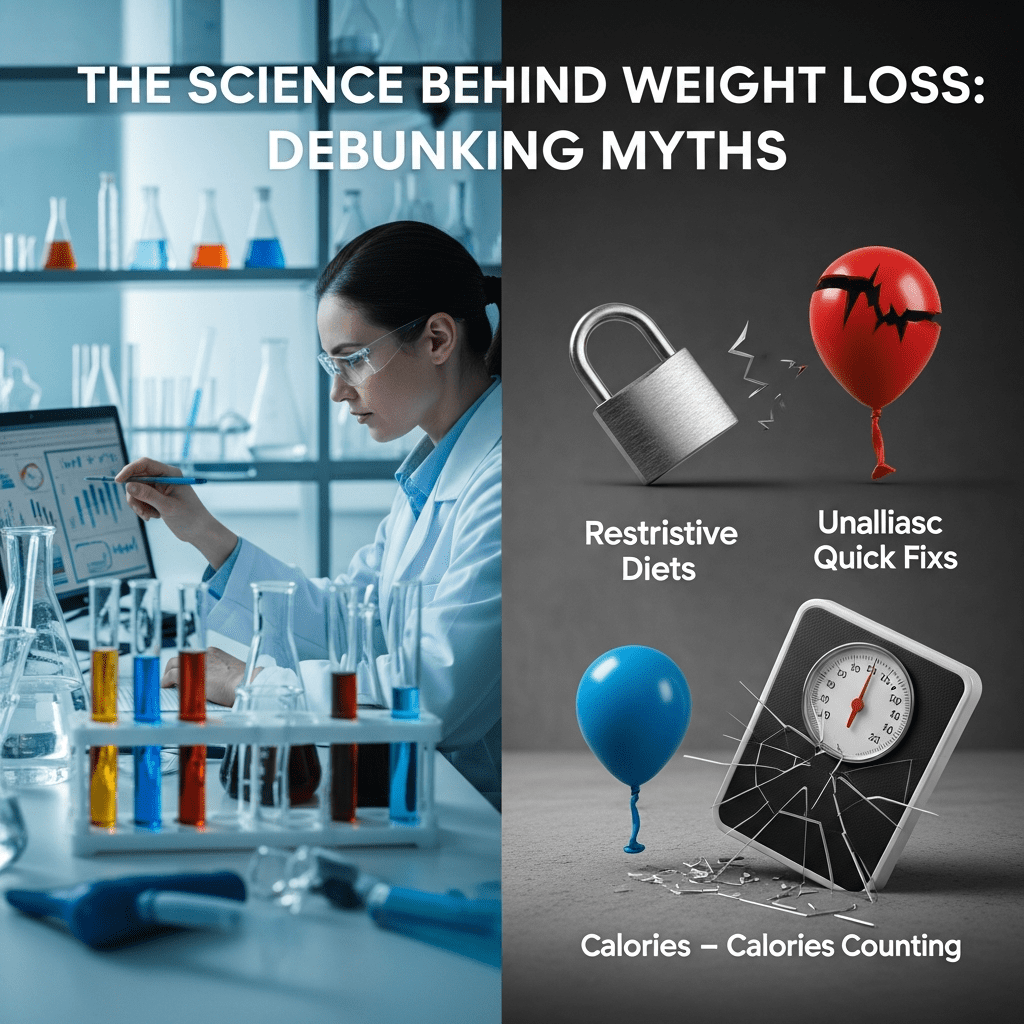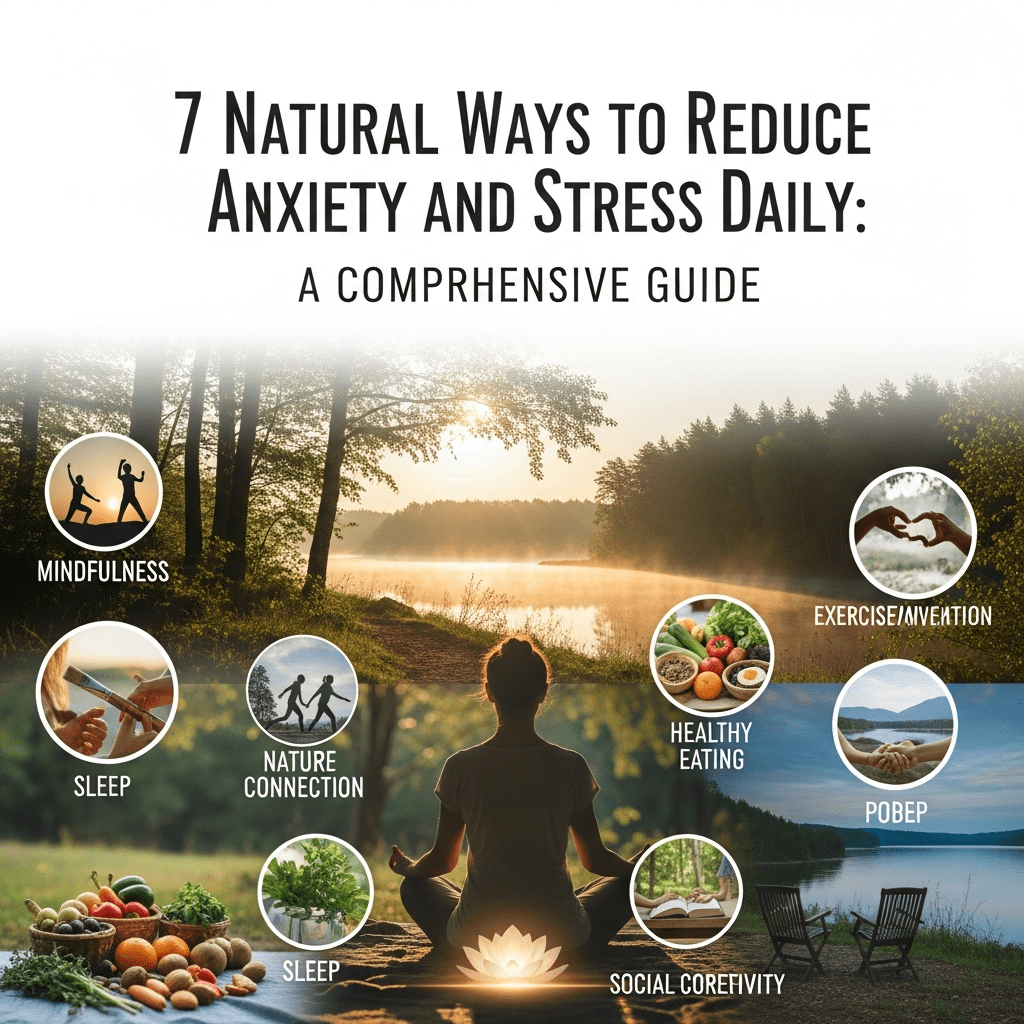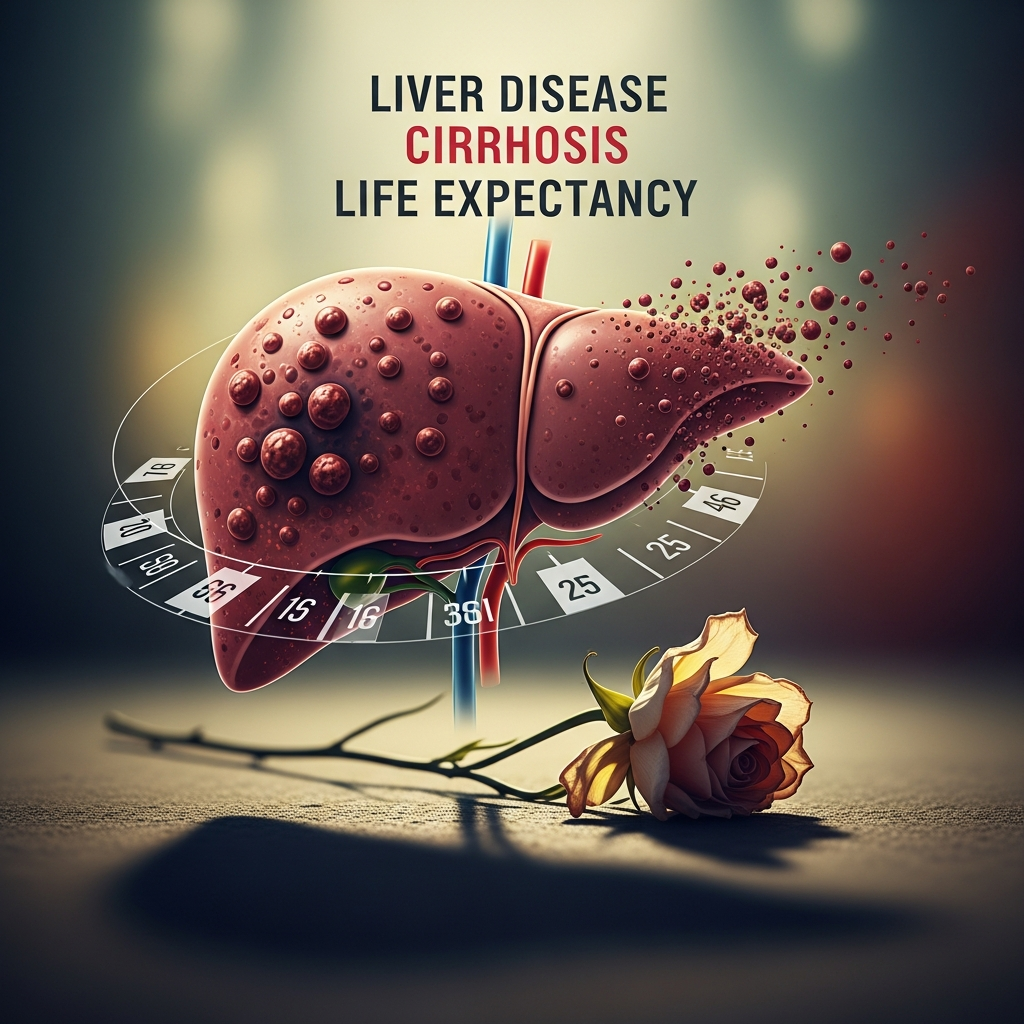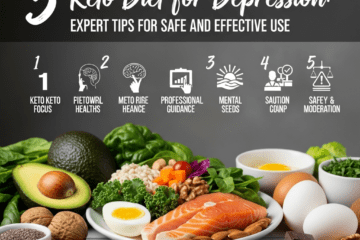

Introduction

In this blog post we have to explore 10 severe depression warning signs. Depression and other mental health issues can negatively impact not only your mood but also your general quality of life. If you identify the symptoms early on, you can make well-informed decisions regarding your health. You will have a better understanding of your emotions and the ability to respond appropriately when needed by learning the 10 sever depression warning signs that you should never ignore. Recognizing these signs can help you receive prompt care and healing for your mental health.
Understanding severe depression warning signs you should never ignore
You can treat severe depression warning signs more successfully if you understand it. It’s critical that you take care of your mental health. It extends beyond brief bouts of melancholy to include crippling emotions that impair daily functioning. It is essential to identify the warning signs and symptoms of severe depression in order to make a complete recovery.
Definition of Severe Depression
Severe depression is defined clinically as a prolonged state of hopelessness, unhappiness, and disinterest in once-enjoyed activities. A chronic illness can have a detrimental effect on your relationships, general well-being, and daily functioning
Importance of Early Detection
Recognizing depression: Early detection of severe depression warning signs allows for the seeking of treatment before the illness gets worse. A speedier recovery and more effective treatment options are two benefits of early intervention. Early treatment of your depression symptoms increases your chances of taking back control of your life. Realizing how important early detection is can have a transformative effect on life. Seek assistance as soon as symptoms appear so you can get access to resources and support networks. By acting pro-actively sooner, it reduces the likelihood of further issues, such suicidal ideation or protracted depressive episodes.
Differentiating Normal Sadness from Severe Depression
It’s important to distinguish between mild depression and severe depression based on their respective strength, duration, and effects. Whereas major depression might linger for weeks or months without a known reason, normal melancholy is a reaction to a particular incident or circumstance. Because depression can present in a variety of ways, its severity can be differentiated from transient melancholy. If your depressive symptoms are severe, don’t get better with time, or interfere with your day-to-day activities, you should consult a doctor. You must recognize these differences if you are to effectively navigate your road toward mental health.
The Psychological Impact of Severe Depression
It is obvious that severe depression warning signs is more than just feeling depressed; if untreated, it can have a profound effect on your emotional state, cognitive function, and habits, potentially changing your life. The following are the depression symptoms.
Emotional Symptoms
Someone may be sad if they really think they aren’t worth anything. They might also have given up hope and be sad all the time. That this might make you more angry, worried, or cut off from other people, which could hurt your relationships and daily life.
Cognitive Symptoms
Depression symptoms : One of the cognitive severe depression warning signs is difficulty focusing or making decisions. Persistently thinking negatively can also impair judgment and create a warped perception of reality. Symptoms of cognitive impairment can have a major influence on daily chores or work. Inability to concentrate on discussions or chores might set off an emotional distress loop that exacerbates irritation and self-blame.
Behavioral Changes
Severe depression warning signs is also accompanied by behavioral abnormalities. You can stop spending time with friends and family, become disinterested in past hobbies, or change the way you sleep and eat during this period. Feelings of worthlessness and loneliness can result from significant lifestyle and habit changes brought on by depression. By identifying these behavioral indicators, you can take action to reclaim your life and seek assistance.
The Physical Manifestations of Severe Depression
There is no doubting that severe depression warning signs can have physical manifestations that have a profoundly negative impact on your body and psyche. It is essential that you understand this. See if you or other people show these signs. This will help you decide if you need help or support.
Changes in Sleep Patterns
To fully understand what it does to people, we need to look at how they sleep when they are sad. If you sleep too much or too little, you might be crankier and tired. Not getting enough sleep can make things hard and make you sad.
Physical Pain and Discomfort
To fully understand what it does to people, we need to look at how they sleep when they are sad. If you sleep too much or too little, you might be crankier and tired. Not getting enough sleep can make things hard and make you sad.
Impact on Appetite and Weight
It’s interesting to me that when people are sad, their bodies often hurt and suffer. A lot of people can’t explain their aches, stiffness, and other pains. When you feel this way, it might be hard to enjoy the things you used to. This is one kind of pain. One more is headaches. One more is aches and pains in the joints. Taking care of these signs is an important part of your main treatment plan.
Warning Sign 1 : Persistent Sadness
You might experience happy or satisfied moments, but you might also become engulfed in a chronic sadness that absorbs you. There is no such thing as a transient emotional condition; rather, it is a constant struggle that interferes with day-to-day functioning and compromises general health.
Definition and Duration
That kind of sadness doesn’t go away in a few days; it lasts for weeks or even months. When you’re sad, you might not be able to do anything or be happy for long
Differentiating from Temporary Sadness
How long your sadness has been going on can tell you if it’s short-term or long-term. If someone fails or loses something, it can make them sad for a short time. But it’s not always easy to figure out why someone is sad all the time. It’s normal to feel sad after a breakup or when someone you care about dies. If you don’t feel better after a few weeks and feel worse by adding sadness, worry, or weight gain, it could mean that something more serious is going on.
Impact on Daily Functioning
When you’re sad all the time, it can be hard to do normal things. People may lose drive, interest, or even pleasure in things they used to love over time. When someone is sad all the time, they might not want to go to events, forget to take care of themselves, or have trouble meeting their goals. If you want to get better, you need to know these signs.
Warning Sign 2: Loss of Interest
Severe depression warning signs you’re very sad. Things you used to enjoy won’t interest you when you’re really sad. If you don’t feel like doing old things that used to make you happy, it could mean that something is wrong. This change could be a sign of a more serious mental health issue that needs to be identified and dealt with.
Anhedonia: Understanding the Concept
It’s a big sign that you are sad when you stop caring about things that used to make you happy. It’s also important to know about this state because it generally means someone has a mental health problem.
Activities that Previously Brought Joy
If you don’t want to do things with other people, your mind might connect that to hobbies or even work-related chores. You might not want to do the things that used to make you happy, like art or sports. If you used to enjoy writing creatively or going camping with friends but now feel like these activities are more like chores than fun, you should pay attention. If this clear change in your mood means you’re sad, you might need help.
Relationship Withdrawals
When you break up with someone, you may want to hang out with other people less or more. Because of this, you might pull away from people you care about, stop going to events, or break up with friends. It’s possible that pulling away from people will make your sad feelings worse. This lack of presence should be seen as a warning sign. You’ll be able to get the help and talk you need to get through this.
Warning Sign 3: Emotional Numbness
The emotional numbness is one of the severe depression warning signs. Even though life is full with color, it can be challenging to deal with emotional numbness at times. In addition to depriving you of the happiness that comes with daily life, this detachment may cause you to overlook significant feelings that are linked to your mental well-being. Feelings of flatness or emotional tiredness might be signs of depression.
Definition of Emotional Numbness
Where happiness, sorrow, or rage should be, there can be a lack of emotional reaction. There’s a heavy cloud over feelings, making it hard to see highs and lows. Being emotionally detached from your life makes you feel dissatisfied and disconnected.
Physical Sensations Associated
It’s possible for emotional numbness to make any discomfort you may be feeling worse. You can experience weariness, a separation from your physical self, or a tense or heavy feeling in your body. Numbness might have bodily manifestations such as lethargy or exhaustion that doesn’t go away with rest. It’s also possible that you feel cut off from your body, which can make it challenging to maintain self-care practices and participate in physical activities.
Coping Mechanisms and Responses
Some people try to dodge it or do something weak when they don’t feel anything. To get away from pain, you can either avoid things that will make you feel bad or use drugs that make you forget things. At first, burying sadness might seem like a good idea, but it often makes people feel alone and cut off. Take care of your stress in a healthy way, like by going to therapy or practicing mindfulness. This will help your mental health get back on track.
Warning Sign 4: Chronic Fatigue
Another sign that someone is very sad is that they are always tired. Faint and tiredness are not the same thing, even though many people think they are. If you’re tired and can’t sleep, it could mean that you have a bigger health problem, like being sad. You’ll feel better after a while of rest if you’re tired from working out or not getting enough sleep.
Differences between Fatigue and Tiredness
For many, being able to differentiate between exhaustion and tiredness is essential. Fatigue usually results from exercise and can make it difficult for you to go about your day as usual. If resting or sleeping won’t help you feel less tired, there might be a more significant issue at hand.
Implications for Daily Life
Overwhelming weariness from chronic illness might occur. As your capacity to complete daily duties diminishes, you may experience frustration and a sense of helplessness. It might be challenging to just get out of bed, do your work, or interact with friends, which can leave you feeling alone and worn out. Your quality of life may be negatively impacted by a chronic fatigue syndrome, which can create both emotional and physical obstacles. It could be more difficult for you to continue with your obligations or the things you used to enjoy. Excessive tiredness might exacerbate depressed symptoms and make you feel more inadequate.
Biological Underpinnings of Fatigue
Numerous biological reasons can make feelings of weariness worse. Depression-related abnormalities in serotonin and dopamine can seriously impair your energy levels. Furthermore, your body’s inflammation and hormonal fluctuations may prolong a cycle of exhaustion. To better understand your exhaustion, you need to take into account the ways in which these factors interact with your mental health. Depression and long-term stress can have an impact on your energy levels and mood. A medical expert can assist in determining the best course of action for treating underlying medical issues.
Warning Sign 5: Difficulty Concentrating
Another very severe depression warning signs. is having trouble focusing. If you can’t focus for a long time, on the other hand, it might mean that you are very sad. Maybe you won’t be able to fully do daily tasks, make decisions, or understand what’s going on around you.
Cognitive Impairments
When someone is depressed, they might forget things, not pay attention, or have trouble fixing things. Things that are easy can seem hard when your mind is foggy. You might be mad or feel bad about yourself.
Influences on Work and Learning
People could have trouble focused in the places where they work and learn. When your mind is fuzzy, it’s hard to remember things, get things done, or learn new things. It might be hard to stay focused or reach your goals if your brain is going crazy. In the same way that school can make you lose confidence and drive, these problems can do the same. This can damage your grades.
Strategies for Managing Cognitive Symptoms
One strategy to address concentration problems is to put particular strategies into practice that are adapted to your cognitive symptoms. You can improve your clarity and focus by switching up your routine. Your cognitive performance can be enhanced by combining a healthy diet, regular pauses, and a regular schedule. In addition to providing you with helpful coping mechanisms, a mental health expert may help you recover your productivity and attention.
Warning Sign 6: Significant Weight Changes
Changes in weight may be a significant sign of depression. Abrupt weight increase or reduction can result from changes in the body or mind. These changes need to be closely watched since they can be signs of more serious mental problems.
Understanding Weight Loss and Gain
During your voyage, you could notice that your weight changes in an unexpected way. Weight gain or loss may indicate mental health issues, particularly in the context of depression episodes. It is important that you recognize these indications so that you can avoid making a big shift.
Emotional Eating vs. Loss of Appetite
Find out how emotional eating and appetite loss are impacted by depression. However, losing your appetite could be a sign of hopelessness or worthlessness, which could cause you to overeat emotionally and neglect your nutritional needs. You can treat your mental health more successfully if you are aware of whether you struggle to eat or use food as a coping mechanism. Overindulging could be a way to numb emotional anguish. If you’re not eating, it could be an indication that your mental health is getting worse.
Warning Sign 7: Irritability and Anger
Severe depression warning signs is irritability and anger. Furthermore, severe depression frequently shows up in unexpected ways, like heightened irritation and aggression. Even while emotional dysregulation is not linked to mental health issues, it can be a serious red flag for underlying depression.
How Severe Depression Can Manifest as Anger
Your emotional reactions can be complicatedly distorted by severe depression. Your reaction to small annoyances can seem out of proportion and may be replaced by anger or impatience.
Warning Sign 8: Thoughts of Self-Harm
Thoughts of self harm is one among the severe depression warning signs. For the sake of your mental health, self-harming thoughts need to be recognized and dealt with. Your emotional condition is greatly impacted when you consider doing detrimental activities. It’s critical to comprehend these ideas in order to heal and get assistance.
Understanding Suicidal Ideation
It’s critical to realize that suicide thoughts and self-harm can take many different forms. These ideas are a cry for assistance, a sign of severe mental distress.
Recognizing Risk Factors
Many risk factors might set off thoughts of self-harm, so being aware of them can help you take action. Among them are:
- Previous self-harm or suicide attempts
- Substance abuse issues
- Family history of mental health disorders
- Experiencing trauma or abuse
- Chronic illness or persistent pain
It is important that you take these indicators into consideration.
Knowing these risk factors will make it easier for you to spot a crisis that you or someone you care about is experiencing. People who show more than one risk factor should get help. Acknowledging and being aware can make a difference.
- You don’t see any way out and feel like you’re not worth anything.
- Suddenly changes in mood or behavior
- Getting away from family and friends
- Having death thoughts or making plans to kill yourself
When you see these signs, don’t be afraid to ask for help.
How to Address and Seek Help
It’s time to fix that thing that makes it hard to come up with thoughts. It’s okay to ask for help if these thoughts come up. Your trip could be saved by a friend, family member, or mental health worker. Helplines, therapy, and support groups are just a few of the many ways to get help. Talking about how you feel is important. A chat can help you get better.
Warning Sign 9: Social Isolation
Social isolation is one of the severe depression warning signs. A deficiency of social interaction may be indicative of severe depression. Coping with your mental health issues gets harder the more you distance yourself from friends, family, and social events.
Reasons for Withdrawal from Social Activities
You could avoid social events that you used to like because of weariness, fear, or grief. It could take too much energy to connect with others, or no one could possibly understand what you’re going through. Your sentiments of hopelessness as a result of this disengagement may be exacerbated by the absence of social interaction.
Effects on Mental Health
Depression-related social isolation can have a negative impact on your mental health. A lack of social support can exacerbate depression by causing feelings of loneliness. In the absence of support networks, mental health issues may be difficult for you to handle and overcome. Your mental health may suffer from social isolation, which can deepen depressive symptoms and cause hopelessness. You can also have low self-esteem and doubt your value and connections as a result of inactivity. You need to be aware of this effect if you want your rehabilitation to go well.
Overcoming Isolation
One of the first steps in overcoming isolation is to reach out. Joining online support groups might help you connect with people who are going through similar things as you. When you are feeling alone, it is critical for your recovery process to build relationships with other people. By participating in activities, both in person and online, you can assist yourself in rebuilding important social networks. It’s acceptable to proceed one step at a time, therefore practice self-compassion throughout this process. Your attempts to reestablish contact will be beneficial to your general and mental health.
Warning Sign 10: Neglecting Responsibilities
Neglecting responsibilities are one of the severe depression warning signs. People who are depressed frequently forget their obligations. This can lead to stress and feelings of inadequacy in a variety of areas of life, including as relationships, the workplace, and the home.
Understanding Changes in Motivation
Depression frequently results in a lack of drive, making even simple chores seem difficult. As your capacity to handle daily activities declines, your attitude toward essential and ordinary obligations may also shift.
Impact on Work and Family Life
If you have to change your work or home duties, it might be hard to get along with other people and work with them. It can hurt your relationships at work and at home if you don’t do what you need to do. It can also make you less productive. You need to act quickly before things get worse, says this sign.
Seeking Support and Setting Goals
It’s a good start to know that your work is getting easier. Need help getting back in charge of your life and chores? You can set goals you can reach and work slowly if you get the right help. The health of your mind and body can benefit from a plan that covers a lot of ground.
Conclusion
This is why it’s very important for your mental health to learn how to spot and deal with the severe depression warning signs. That you are sad for a long time, want to do less, change how hungry you are, and have trouble focusing are all signs that things could get worse if you don’t pay attention. Get help right away if you or someone else shows these signs. Trust your gut. The first thing that will help you get better is becoming aware of these thoughts. When you need help, find nice people to ask. It’s going to help you handle things better.
Related Topics
- 10 Effective Treatments for Depression Without Medication
- Best Ways to Treat Kidney Stones10 Early Signs Of Heart Failure
- 10 Early Signs Of Heart Failure
- How to Improve Your Mood with Healthy Habits: A Comprehensive Guide
- 10 Causes of Low Blood Pressure
- Home
- Category Mind & Mood Care
